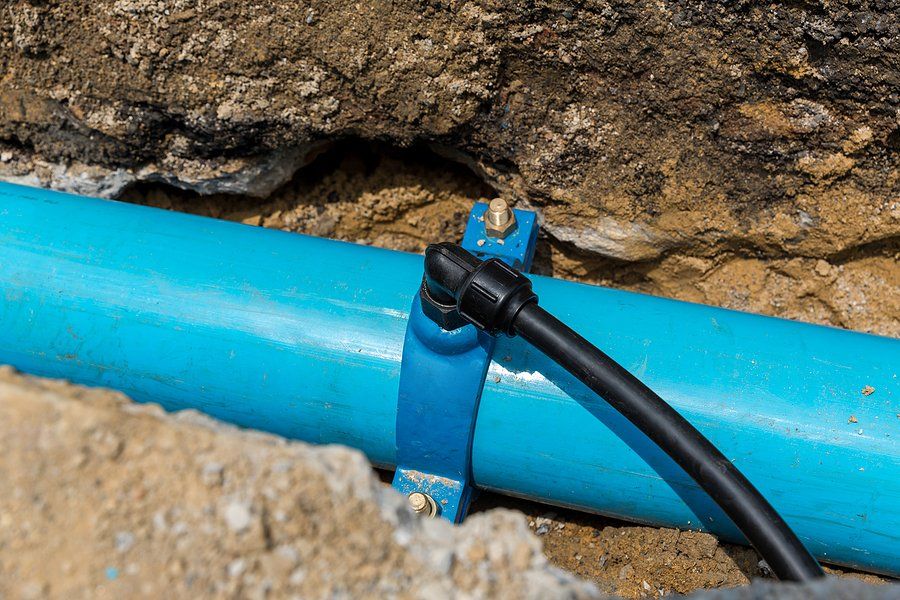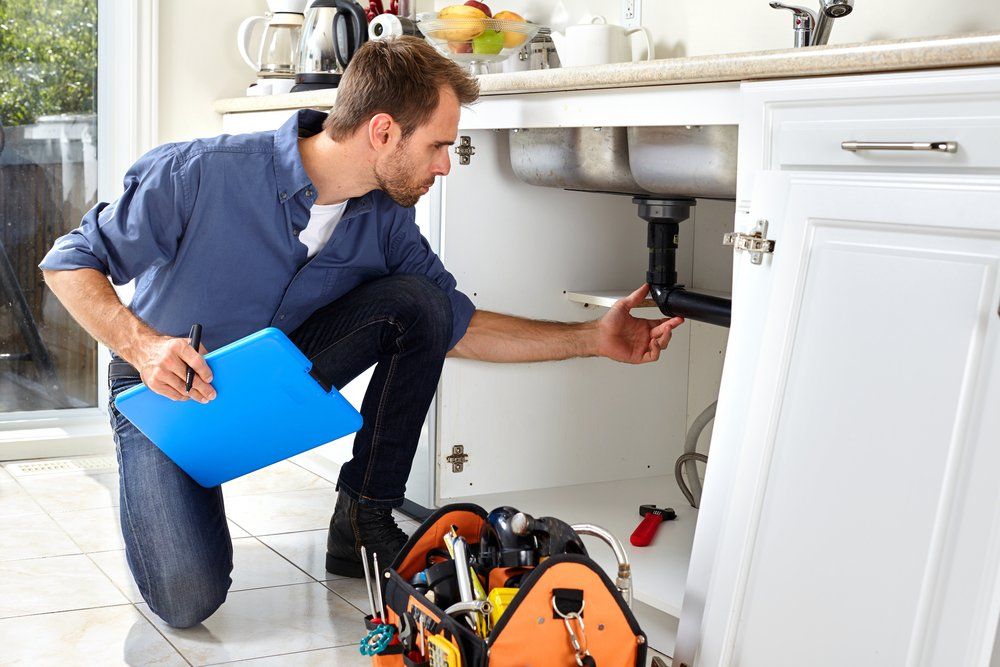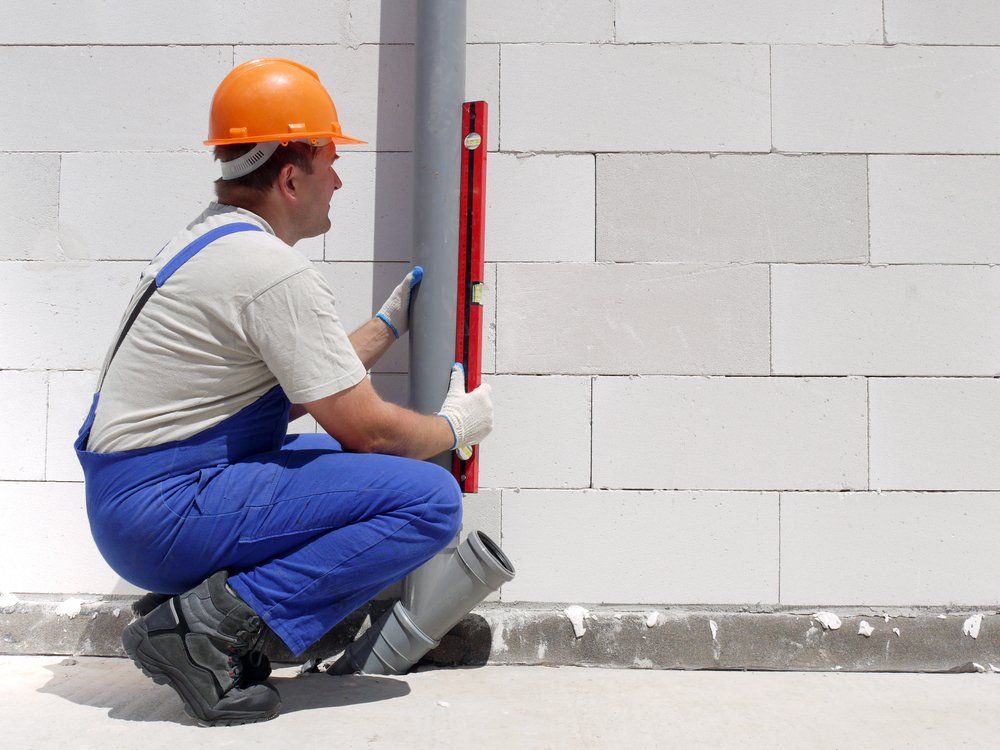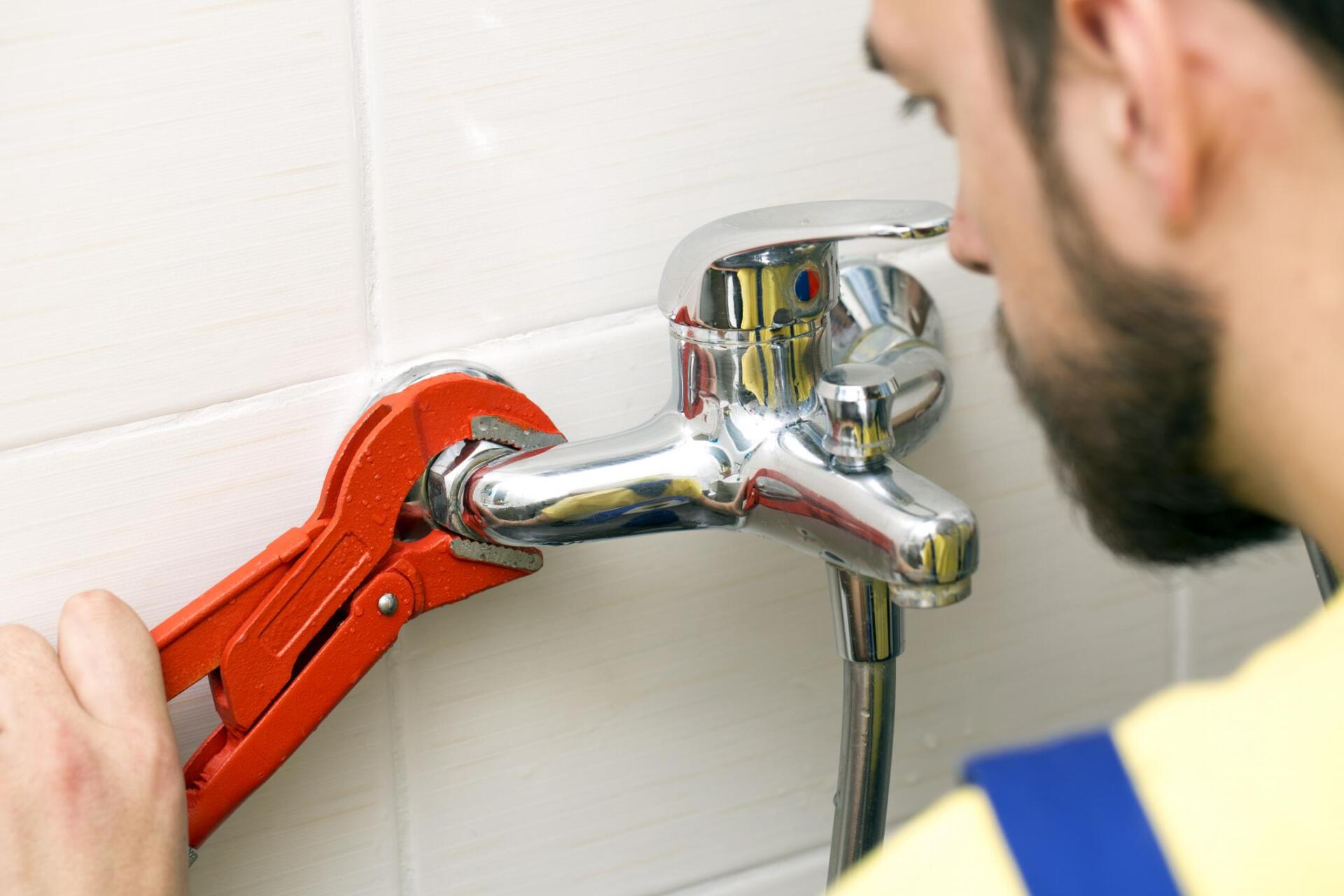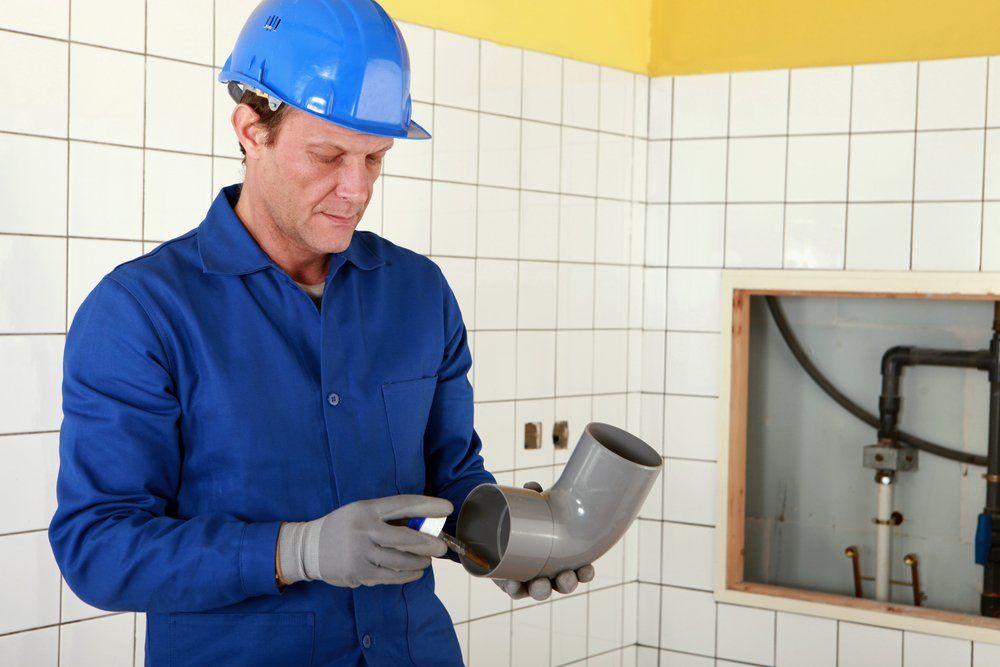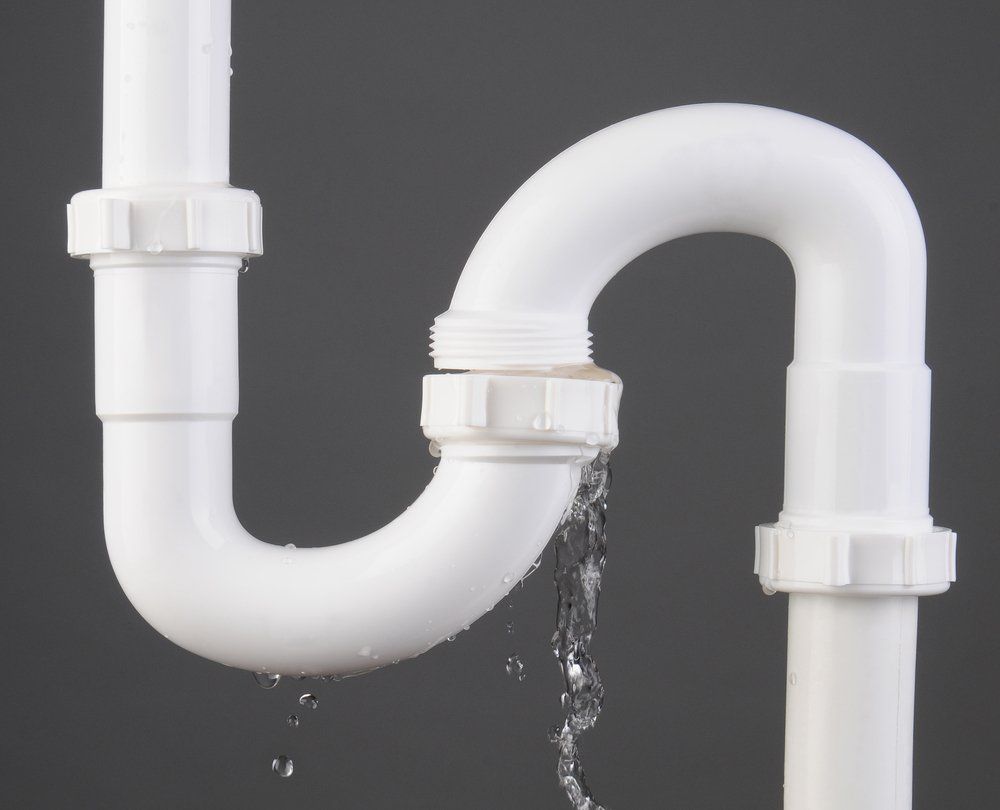Common Water Heater Issues and Solutions
Common Water Heater Issues and Solutions
Most people don't think about their water heater until there's a problem. And by that time, it's often too late. Water heaters are one of those appliances that we tend to take for granted - until they break down, and we're left with cold showers and a big repair bill. In this blog post, we'll take a look at some common water heater issues and solutions. So if you're having problems with your water heater, read on! We might have just the solution you need.
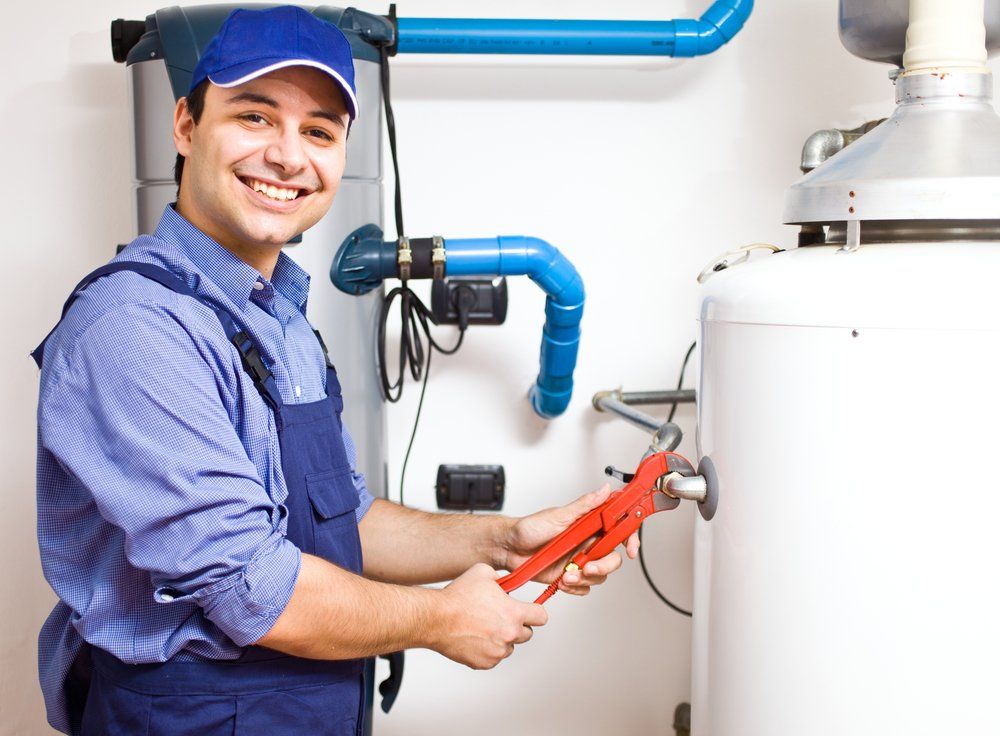
Water Leakage
Water leakage is a common plumbing problem that can cause water damage in a home. There are several causes of water leakage, including a defective water heater, a clogged drain, or a broken pipe.
The common problems with water heaters are often caused by tiny fractures in the unit's fragile metal body. These flaws can lead to leaks, which may be especially concerning for people living on their property since they will have an easier time noticing small droplets or puddles that form as a result of these openings before you might notice them yourself! The good news? There is plenty that we could do about this issue if our goal was simply preventing excessive consumption without having too much invested into updating technology already installed at home - like installing another brand new tankless water heater on-demand.
If you notice water leaking from your water heater, it may be due to a defective valve or pressure relief valve. If the water heater is leaking from the bottom, it may be due to a cracked tank. If the water heater is leaking from the top, it may be due to a defective T&P valve. And if you notice water leakage, call a plumbing professional for service. They will be able to diagnose the problem and make necessary repairs.
No Hot Water
If you are having problems with your water heater and are not getting any hot water, there are a few things you can do to troubleshoot the issue. The first thing to check is the thermostat to make sure it is set to the desired temperature. If it is set correctly, and you are still not getting hot water, there may be a problem with the element or the pilot light. You can test to see if the element is working by turning off the power to the water heater and then checking to see if the element is still warm. If it is, the element is working correctly. If the element is not warm, there may be a problem with it, and you will need to replace it. If the pilot light is not lit, you can try relighting it following the manufacturer's instructions. If you are still having problems getting hot water, you may need to call a professional for assistance.
You might be experiencing hot water issues because your thermostat is turned off or not working. You can fix this by turning the heating unit on, flushing out any clogs in pipes with emery cloth (or similar tool), and making sure there's enough pressure for all four methods of circulation: natural flow from faucets; forced air ventilation systems that use fans to distribute heated fluids through homes' plumbing fixtures at higher temperatures than would otherwise occur naturally.; electric heaters whose main function includes providing instantaneous warmth without having intermediaries between themselves such as gas lines which must first get lit before anything else happens!. If your water heater is electric, and there is no hot water, you may need to check the breaker box to make sure that the breaker for the water heater has not been turned off. If it has been turned off, turn it back on and try again. If you are still having problems, you may need to call a professional.
Loud Noises
Known to make a lot of noise, hot water heaters are not always easy on the ears. A number of issues can arise with these devices, and we’ve pulled together some solutions that will help you solve them! The problem may be due in part to old age or neglecting basic maintenance such as changing filters regularl, so it's best if our readers check their unit before going out again and spending a fortune on a plumber. If you're unlucky, you may have to face a water heater replacement.
One common noise that water heaters make is loud banging or popping noises. This is often caused by air pockets that form in the tank as water is heated. When the air pocket expands, it pushes against the sides of the tank and makes a banging noise. One way to help fix this problem is to release the air pockets. This can be done by turning off the water heater, opening the pressure relief valve, and letting the water drain out until the popping stops. You can then close the valve and turn on the water heater again.
Another issue that can cause loud noises is sediment build-up at the bottom of the tank. This can be caused by hard water or not properly filtering the water before it enters the tank. The build-up will create noise as the water heater tries to heat the sediment. The best way to fix this problem is to clean out the sediment. This can be done by draining the tank, removing the sediment with a filter, and then flushing the tank with water.
If your water heater is making clanking noises, it could be that the water heater is old, and the metal is starting to corrode. In this case, you might need to have the water heater replaced. If your water heater is making hissing noises, it could be that there is air trapped in the system. This can often be fixed by bleeding the air out of the system.
Noises can also be an indication of a more serious problem, such as a leak. If you are hearing any strange noises coming from your water heater, it is important to call a professional to inspect and fix the issue. Ignoring the problem could lead to water damage in your home.
Rusting and Corrosion
Rusting and corrosion are two of the most common problems that water heaters experience. Rusting is a problem that can occur when water comes in contact with the metal of the water heater. This can cause the metal to corrode, leading to leaks and other damage. There are a few things that you can do to help prevent rusting and corrosion, including,
- Make sure that the water heater is properly vented
- Regularly draining the tank
- Replacing the anode rod
Corrosion can be caused by poor quality materials, which will lead to an unstable structure for your home's plumbing system as well if left unchecked over time! You should have someone test out the temperature with precision instruments like thermometers on both a short-term basis (such as when it starts happening) or long term monitoring activities so they know what type is needed throughout each season - this way there won't ever again need another costly repair job due to too inaccurate readings from inconsistent equipment use across various seasons.
If your water heater is already experiencing rusting or corrosion, there are a few solutions that you can try. One is to use a rust converter to help protect the metal from further corrosion. You can also try using a water treatment system to help reduce the amount of rust and corrosion in your water. If these solutions don't work, you may need to replace the water heater.
Temperature Inconsistency
If you're experiencing inconsistent temperatures with your water heater, there are a few potential causes. One common reason is that the thermostat may be set improperly. Another possibility is that the water heater isn't receiving enough power or that there is a problem with the heating elements. If you're unable to determine the cause of the inconsistency, it's best to call a professional to take a look.
Heating your home is one of the most important aspects of living in it. Heaters are vital for creating a consistent temperature throughout an entire house, but they can also have some advantages over traditional forms like oil or gas-powered boiler systems when considering their ability to maintain constant warmth without any fluctuations from season changes that may occur outdoors at times where there's less sunlight shining down on us all day long!
The most common problem with heaters today? Inconsistent temperature fluctuations- which can lead not only to confusing households but also to increased energy costs if left unchecked over time due to an inaccurate reading from thermostat or pilot light settings that need adjusting accordingly so this does happen often enough before expecting any type of damage done on either party involved especially since no one likes waiting around all day long for the house to finally heat up and be cozy again, now do they?
One way of combating this common heating issue is by checking your filters regularly as well as scheduling routine maintenance checkups with your trusted technician. Problems with airflow can also be a direct result of dirty filters so it's important to maintain these at all times for optimal performance. Additionally, if there are any obstructions near the heater like furniture or curtains, these should be moved out of the way so the machine can do its job more effectively without any hindrance.
If you're still having consistent temperature inconsistency problems with your home's heating system after trying all of these measures, it might be time to invest in a new one. Talk to your technician about the best type of heater for your specific needs and budget!
High Energy Bills
A water heater can be a major contributor to high energy bills in the winter. In colder climates, it is often necessary to keep water warm for comfortable use. If your water heater is not working efficiently, it can lead to increased energy bills. There are several things that you can do to help lower your energy costs and keep your water heater running efficiently:
-Insulate the water tank. This can help keep the water warm and prevent heat loss.
-Check the flapper valve. This valve is responsible for allowing water to enter and exit the tank. If it is not functioning correctly, it can cause the water heater to work harder and increase your energy costs.
-Clean the water heater. This can help improve the performance of the unit.
-Upgrade to a more energy-efficient model. There are many energy-efficient water heaters on the market that can help you save money on your energy bills.
If you are experiencing high energy bills, it is important to investigate and determine the cause. A water heater can be a major contributor to high energy bills, so it is important to take steps to ensure that your water heater is running efficiently. If you are not sure how to address these issues yourself, it is best to call a professional for help.
How Much Does Water Heater Maintenance Cost?
Water heater maintenance can cost anywhere from $75 to $300+ depending on the make and model of your water heater. However, this cost can be avoided by regularly cleaning the water heater's tank and flushing out any sediment buildup. You can also reduce your water heater's energy usage by installing a water heater blanket.
If your water heater is more than 10 years old, it’s most likely time for a replacement. New water heaters are more energy-efficient and can save you money on your monthly utility bills. You should also consider replacing your water heater if it leaks, has low water pressure, or makes strange noises. , be sure to get in touch with a qualified plumbing professional. They’ll be able to inspect your unit and provide you with an accurate estimate of the work that needs to be done.
Final Thoughts
If you are experiencing any of the common water heater issues, We’ve mentioned in this post, or if your water heater is just plain old and needs to be replaced, don’t hesitate to contact us. We can help you get your home back up and running with a brand new water heater as soon as possible. Thanks for reading our blog post on common water heater issues and solutions!
